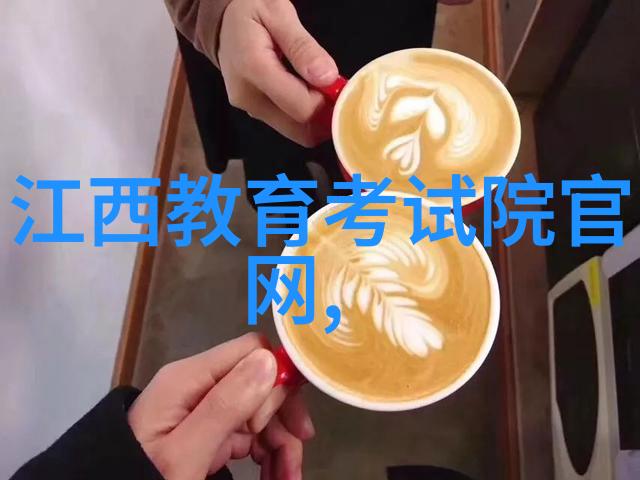黄梅梦影:卖油郎的遥远旋律
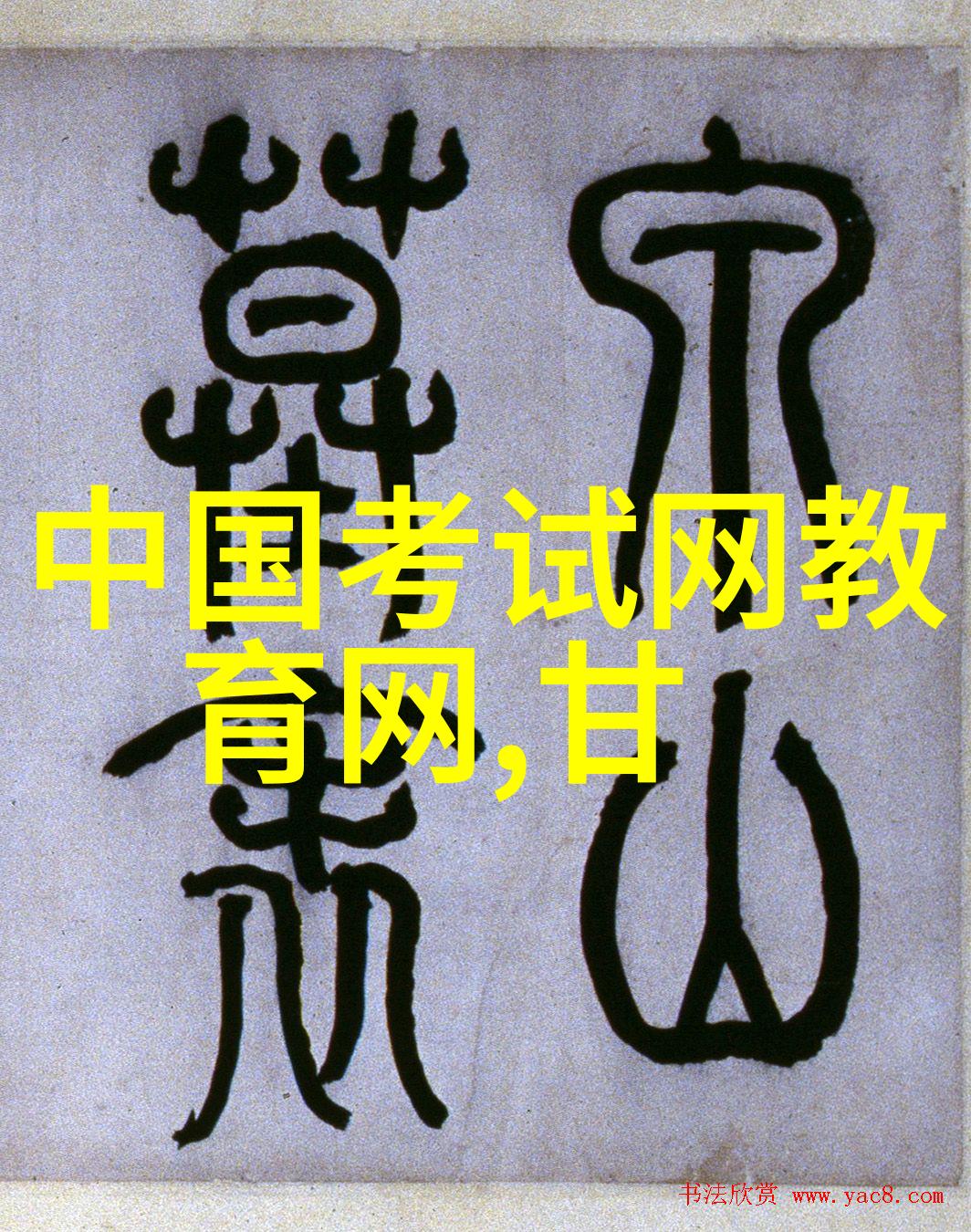
黄梅戏,源自中国古代,是一种流行于江南地区的传统剧种。其独特之处在于以“黄梅调”为基调,以农民阶层生活为主题,并融入了丰富的歌舞和幽默元素。其中,“卖油郎”则是这一艺术形式中最著名的角色之一,其故事背景深植于人们的心田。
一、黄梅戏简介
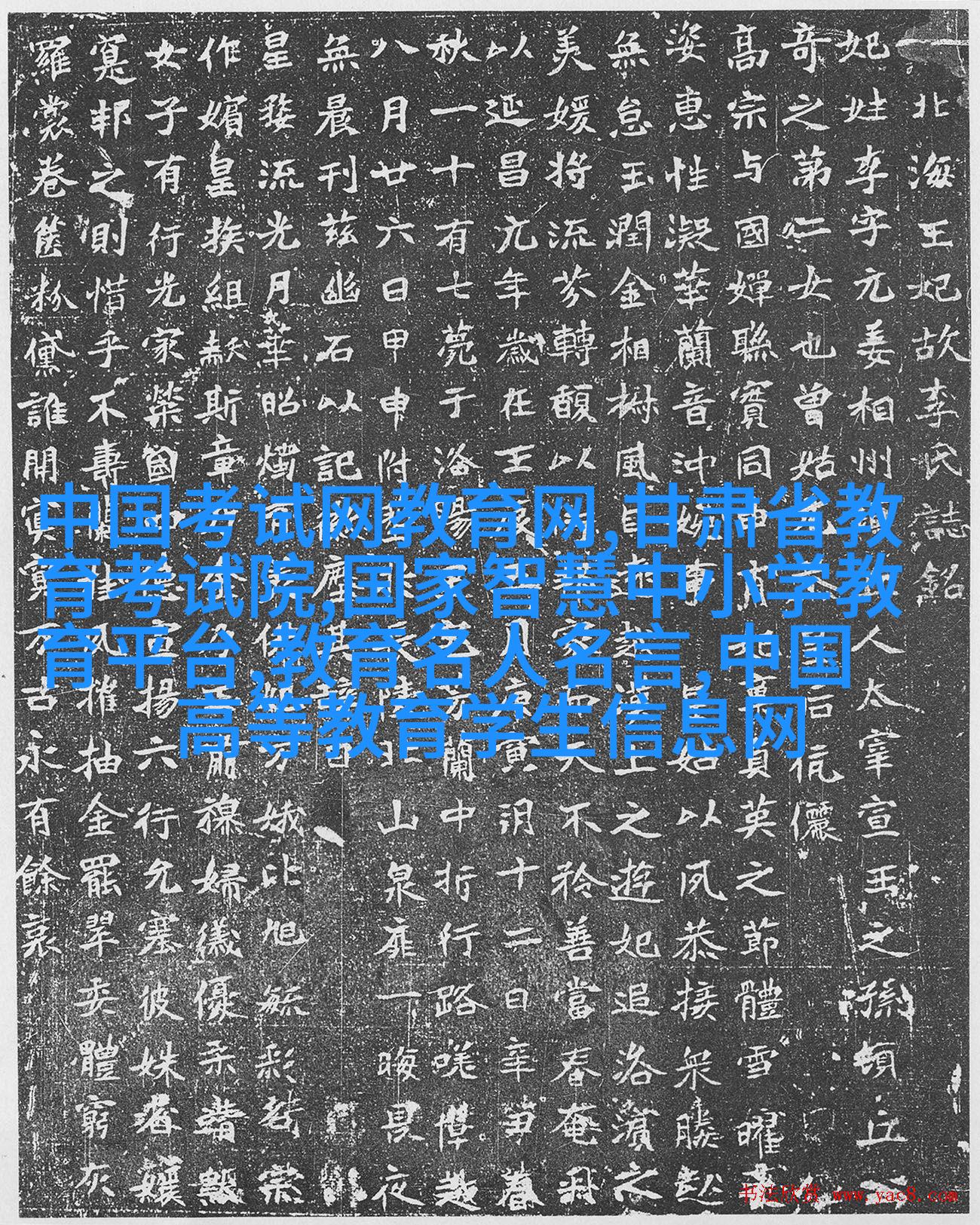
黄梅戏起源于清朝乾隆年间,至今已有数百年的历史。它以其独有的音乐风格和生动的情节深受观众喜爱。在这个充满乡土气息的地方,卖油郎成了一个无法忽视的人物形象,他不仅是一个普通的小贩,更是整个社区的心脏。
二、卖油郎形象塑造
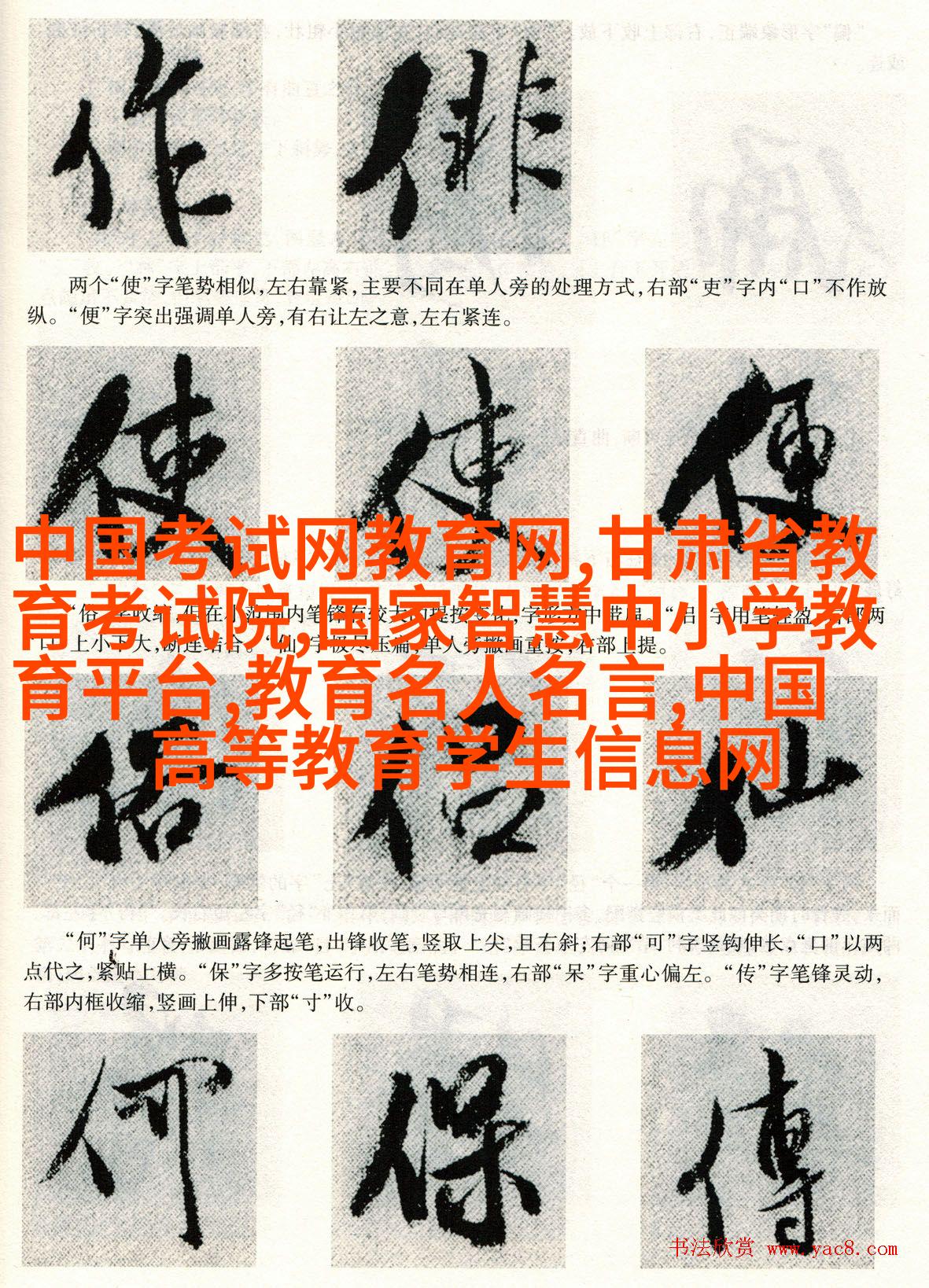
sells oil, but his true talent lies in his storytelling. With a deep understanding of the people and their lives, he weaves tales that resonate with everyone in the community. His stories are not just mere entertainment; they often carry valuable life lessons and moral teachings.
三、故事背后的文化意义

The story of "sell oil" is more than just a simple narrative. It represents the resilience and resourcefulness of ordinary people living through difficult times. The character's ability to adapt and make do with what little he has is a testament to the strength of human spirit.
四、黄梅戏与现代社会
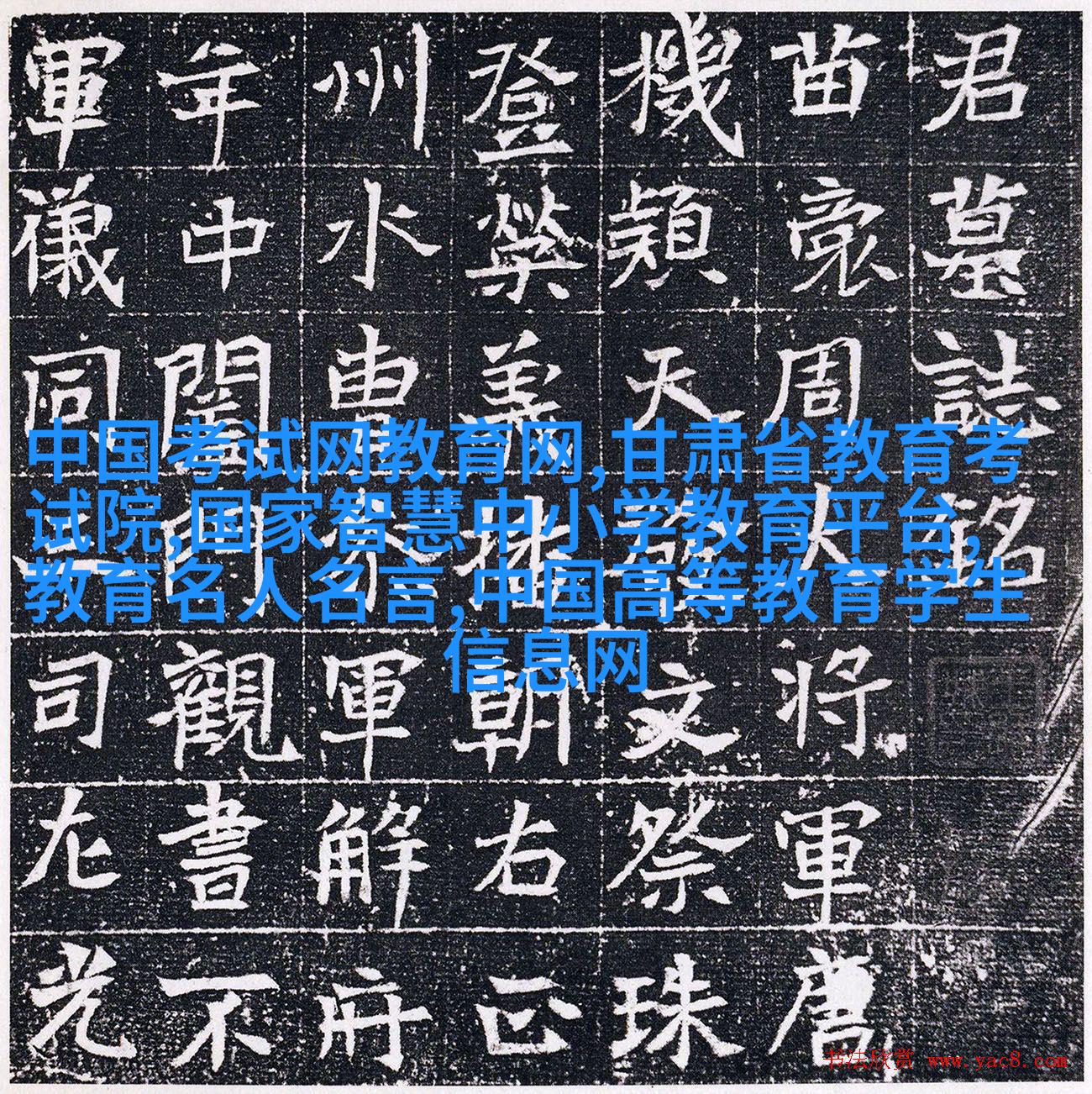
Despite its ancient roots, yellow plum blossoms have managed to remain relevant in modern society. Its themes of love, family, and community continue to resonate with audiences today. The art form has also evolved over time, incorporating new elements while still maintaining its traditional essence.
五、未来展望
As technology advances and cultural trends change, it remains to be seen how yellow plum blossoms will evolve further. However, one thing is certain: this art form will continue to thrive as long as there are people who cherish tradition and appreciate the beauty of rural life.
In conclusion, "yellow plum dreams" - or rather,"selling oil" - is more than just a title for an opera performance; it embodies the very essence of Chinese culture and heritage. Through its unique blend of music, dance, comedy, and drama,"yellow plum blossoms" brings us closer together as human beings while reminding us that even in hardship there can be joy."
标签: 教育名人名言 、 甘肃省教育考试院 、 国家智慧中小学教育平台 、 中国高等教育学生信息网 、 中国考试网教育网



